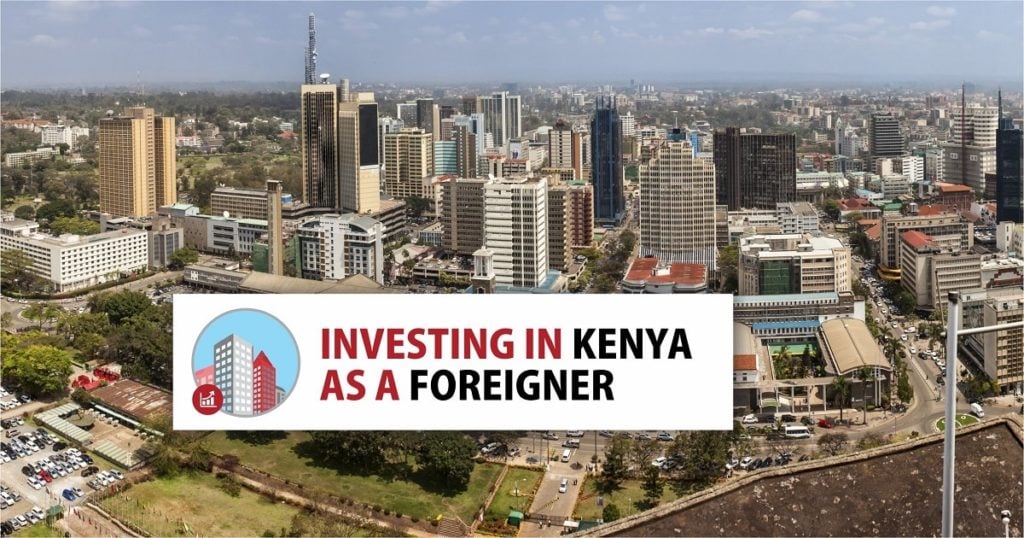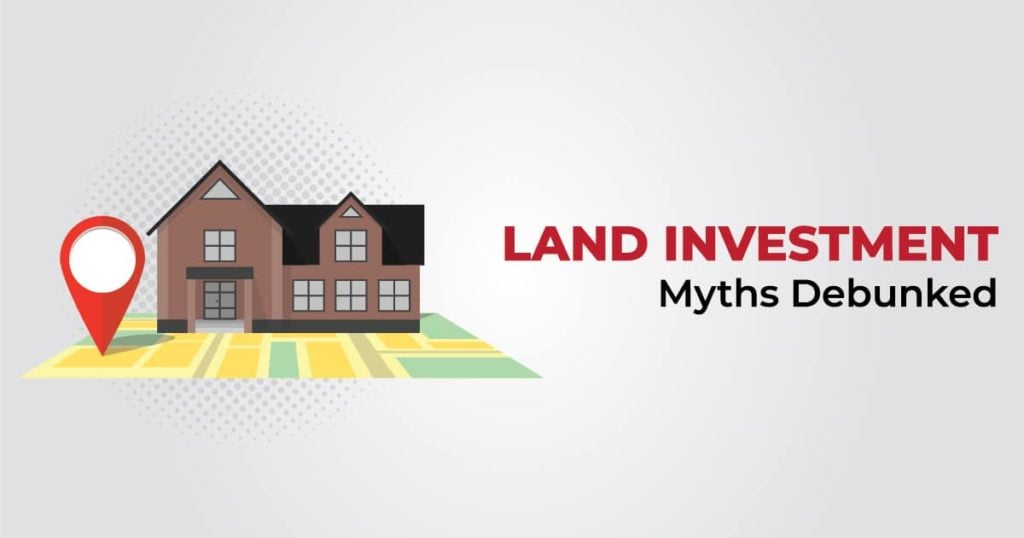BuyRentKenya is the number 1 leading online property portal in Kenya. We are part of Ringier One Africa Media, and due to this, we have strong international connections also to our partners in Switzerland and Europe. Whenever we have visitors from foreign countries, they naturally fall in love with our beautiful land and often, questions come up about how to own a piece of this beauty. To help our international friends, we made this article to answer these many queries from foreigners on investing in property in Kenya.
Table of Contents
- Can a Foreigner Own Land in Kenya?
- What Foreigners Need to Consider When Investing in Kenya
- Relevant Questions for Foreigners Who Want to own Land in Kenya
- Question: Can I, as a foreigner buy property in Kenya?
- Answer:
- Question: What is the difference between freehold and leasehold land
- Question: What happens when a 99-year lease expires?
- Question: Can I then form a Company or a body corporate which can hold freehold land in Kenya?
- Question: What about if I form a trust?
- Question: Can I buy agricultural land in Kenya?
- Question: As a foreigner, can I invest for commercial purposes?
- Summary on Owning Land as a Foreigner in Kenya
Can a Foreigner Own Land in Kenya?
Yes, a foreigner can own land in Kenya in their name. The provisions of law regulating landholding by non-citizens are found in the Constitution of Kenya, the Lands Act (Act No. 6 of 2012), and the Land Registration Act (Act No. 3 of 2012). To own land as a foreigner in Kenya, you need to consider more questions answered in this article.

What Foreigners Need to Consider When Investing in Kenya
BuyRentKenya has many international clients we are supporting to find their dream properties in Kenya, here are some things to consider when purchasing real estate in the country.
- Foreigners cannot own land in Kenya, but they can lease land for up to 99 years.
- In order to lease land, foreigners must first obtain an Alien Land Holding License from the Ministry of Lands and Physical Planning.
- The process of obtaining an Alien Land Holding License can be lengthy and requires several documents, including a valid passport, proof of income, and a detailed proposal for the use of the land.
- It is important to conduct due diligence on the land before purchasing or leasing it, including checking for any outstanding debts or disputes over ownership.
- It is also advisable to hire a reputable lawyer with experience in land transactions to assist with the process.
- The cost of leasing land can vary depending on the location and size of the property, as well as the proposed use.
- The Kenya government has some policies that restrict foreign ownership of land in certain areas, such as near the coast, so it is important to be aware of these restrictions before entering into a transaction.
- It is advisable to consult with the Ministry of Lands and Physical Planning for updated regulations and laws that may affect the process of buying or leasing land in Kenya

Relevant Questions for Foreigners Who Want to own Land in Kenya
Question: Can I, as a foreigner buy property in Kenya?
Answer:
Under the provisions of the Kenyan laws above, non-citizens can only hold land for a period of 99 years under leasehold tenure. This essentially means that a non-citizen cannot hold freehold property.
The Constitution further provides that in the event that a non-citizen holds any title document which purports to confer a non-citizen an interest in land greater than a 99-year lease, the provision shall be regarded as conferring on the person 99 year leasehold interest, and no more.
Question: What is the difference between freehold and leasehold land
Answer:
Freehold land It is the greatest interest a person can have on land as it gives the holder absolute ownership of the land for life. This means descendants can succeed the owner for as long as the family lineage exists. A freehold title deed generally has no restrictions as to the use or occupation.
On the other hand, a Leasehold interest in land is for a specific period subject to payment of a fee or rent to the grantor. Non citizens get a lease for a period of 99 years.
Question: What happens when a 99-year lease expires?
Answer:
Section 13 of the Land Act provides that after 99 years when a leasehold title expires, the Land Commission shall offer to the immediate past leasehold owner thereof pre-emptive rights to be allocated the land provided that such lessee is a Kenya citizen and that the land is not required by the national or the county government for public purposes. The key word is “citizen”, means that a non-citizen cannot get a further extension after the expiry of the 99-year term.
Question: Can I then form a Company or a body corporate which can hold freehold land in Kenya?
Answer:
Many non-citizens have attempted to establish and form companies in order to hold freehold property in Kenya.
However, the Constitution is clear in its provisions in that a body corporate shall be regarded as a citizen only if it is wholly owned by one or more citizens. This means, for a company to own freehold property it must be wholly owned by one or more citizens.
Question: What about if I form a trust?
Answer:
The Constitution also prevents a non-citizen from owning freehold property under a trust. It also provides that any property held in trust shall be regarded as being held by a citizen only if all the beneficial interest of the trust is held by people who are citizens.
Question: Can I buy agricultural land in Kenya?
Answer:
Under the Land Control Act, the Land Control Board shall refuse consent to the transfer of any agricultural land to a person who is not a citizen of Kenya. However, the Act also provides that a non-citizen can only own agricultural land if it is an initial grant from the Government or after obtaining a presidential exemption to acquire the agricultural land.
The only saving exemption seems to be that a public company can own agricultural land even if some of its shareholders are foreigners. For a private company, however, to own agricultural land all stakeholders must be Kenyan citizens.
Question: As a foreigner, can I invest for commercial purposes?
Answer: Yes, non-citizens can invest land in Kenya for purposes of revenue-making or generating income. However, note that foreigners can only invest the land for commercial purposes and not for generating personal rental income.
READ ALSO: What is The Best Way to Finance Land in Kenya?
Summary on Owning Land as a Foreigner in Kenya
Kenya restricts foreigners from owning land, but allows them to lease land for a maximum of 99 years. In order to lease land, you must first obtain an Alien Land Holding License from the Ministry of Lands and Physical Planning. The process of obtaining this license can be lengthy and requires several documents, including a valid passport, proof of income, and a detailed proposal for the use of the land. It is important to conduct due diligence on the land before purchasing or leasing it, including checking for any outstanding debts or disputes over ownership.
It is advisable to hire a reputable lawyer with experience in land transactions to assist with the process. The cost of leasing land varies depending on the location and size of the property, and the proposed use. The Kenya government has some policies that restrict foreign ownership of land in certain areas, such as near the coast. It is therefore important to be aware of these restrictions before entering into a transaction. It is advisable to consult with the Ministry of Lands and Physical Planning for updated regulations and laws that may affect the process of buying or leasing land in Kenya.




